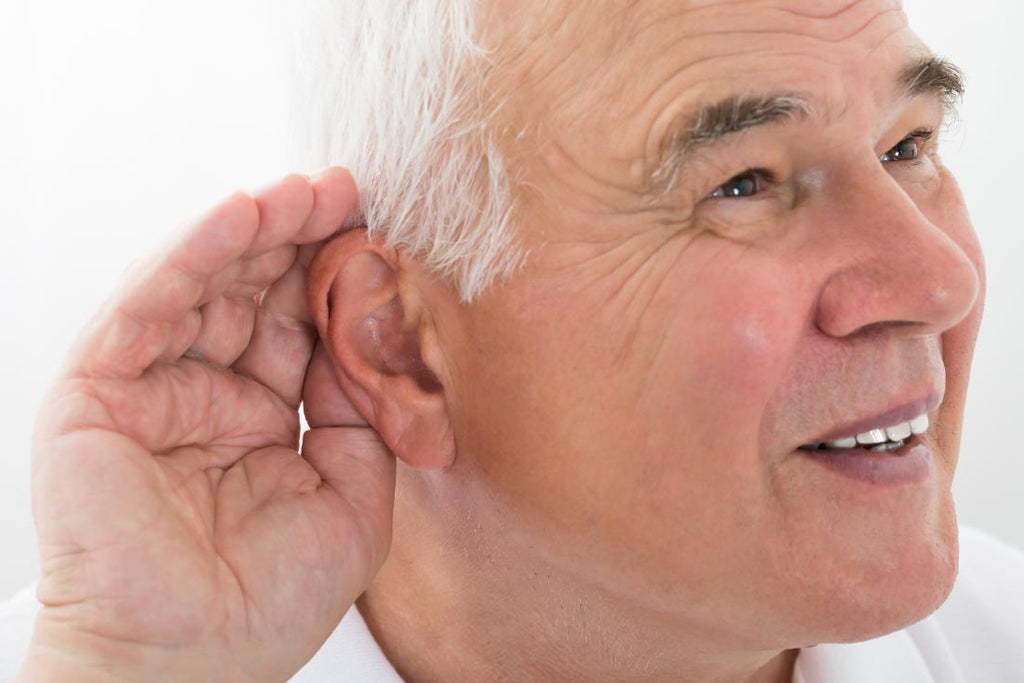Hearing Aid Myths Debunked: Separating Fact from Fiction
Introduction
Hearing loss is a prevalent condition that affects millions of people worldwide. Fortunately, hearing aids offer a viable solution to improve the quality of life for those with hearing impairments. However, despite the advancements in hearing aid technology, various misconceptions and myths surround these devices, leading to confusion and hesitation among potential users. In this article, we aim to debunk common hearing aid myths and provide accurate information to help individuals make informed decisions about their hearing health.
Myth 1: Hearing Aids Are Only for the Elderly
Fact: While it is true that hearing loss becomes more common with age, hearing impairment can affect people of all ages. Exposure to loud noises, genetic factors, certain medical conditions, and injuries can lead to hearing loss at any stage of life. Modern hearing aids are designed to cater to various age groups, from children to seniors, addressing individual needs regardless of age.
Myth 2: Hearing Aids Are Bulky and Unattractive
Fact: This myth is outdated. In the past, hearing aids were indeed bulky and conspicuous. However, advancements in technology have led to the development of sleek and discreet hearing aid designs. Today, you can find hearing aids that are virtually invisible, fitting inside the ear canal. Additionally, some models come in various colors and styles to match the user's preferences.
Myth 3: Hearing Aids Restore Hearing to Normal
Fact: While hearing aids can significantly improve hearing, they do not restore hearing to its original state. Hearing aids amplify sounds and make them more audible, but they cannot correct all types of hearing loss entirely. The extent of improvement depends on the severity of the hearing impairment and the individual's specific condition.
Myth 4: Hearing Aids Are Uncomfortable to Wear
Fact: Initially, wearing hearing aids may feel strange to some individuals, but modern hearing aids are designed with user comfort in mind. Manufacturers use advanced materials and ergonomic designs to ensure a comfortable fit. With time, most users get accustomed to the sensation of wearing hearing aids, and they become a natural part of their daily routine.
Myth 5: Hearing Aids Are Expensive and Not Worth the Cost
Fact: While it is true that hearing aids can represent a significant investment, their benefits far outweigh the costs. Improved communication, enhanced quality of life, and increased safety are some of the invaluable advantages of using hearing aids. Additionally, many countries have programs and insurance coverage that can help offset the expenses of acquiring hearing aids.
Myth 6: Hearing Aids Are Obtrusive and Inconvenient
Fact: Modern hearing aids are designed to be convenient and user-friendly. Some models are rechargeable, eliminating the need for frequent battery replacements. Furthermore, hearing aids often come with various features, such as Bluetooth connectivity, allowing users to stream audio directly from their smartphones, TVs, or other devices.
Myth 7: Hearing Aids Are Not Effective in Noisy Environments
Fact: While it is true that background noise can pose challenges for individuals with hearing loss, modern hearing aids incorporate advanced technologies to address this issue. Many hearing aids have noise reduction and directional microphone features that help focus on speech sounds and reduce unwanted noise, making conversations in noisy settings more manageable.
Myth 8: I Can Save Time and Money by Using a Single Hearing Aid Instead of Two
Fact: If you have hearing loss in both ears, using two hearing aids is generally recommended. Our ears work together to provide better sound localization and improved speech understanding, especially in noisy environments. Wearing two hearing aids can lead to a more balanced listening experience and prevent auditory deprivation in the unaided ear.
Conclusion
Hearing aids are powerful devices that have transformed the lives of countless individuals with hearing impairments. By dispelling common myths surrounding hearing aids, we hope to encourage individuals to seek proper hearing care and take advantage of the advancements in hearing aid technology. If you suspect hearing loss or are considering hearing aids, consult a hearing care professional who can guide you through the process of finding the best solution for your hearing needs. Remember, addressing hearing loss promptly can lead to a better quality of life and enhanced communication with your loved ones.
If you are looking for quality, affordable hearing aids, click here now to check out our assortment of new and refurbished hearing aids.











